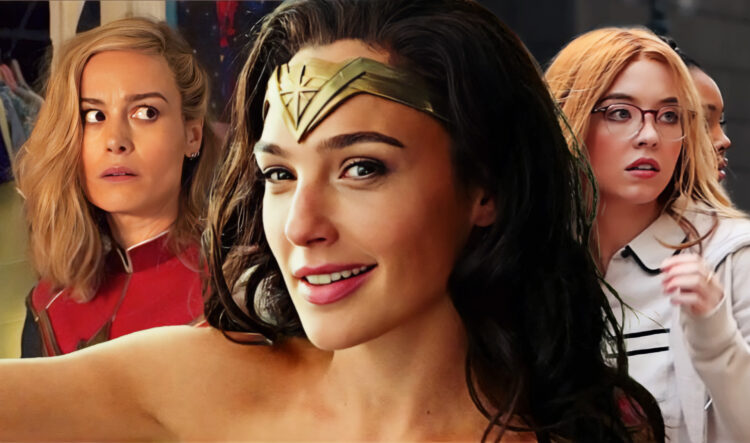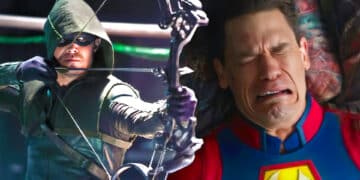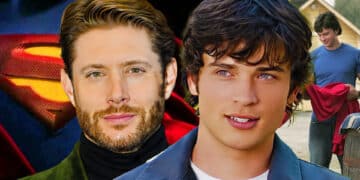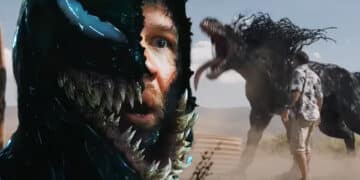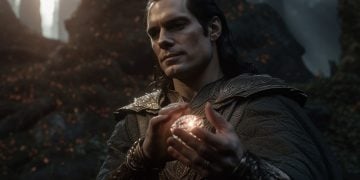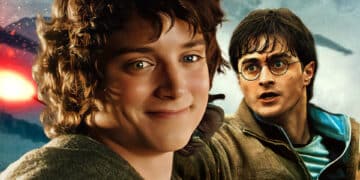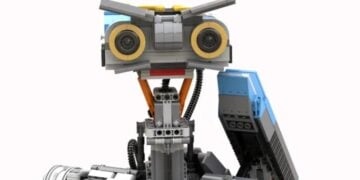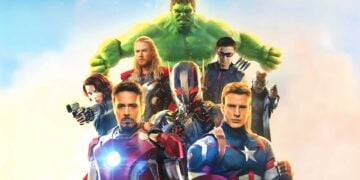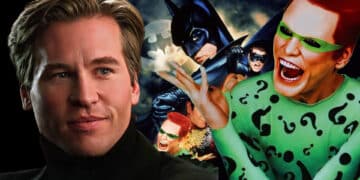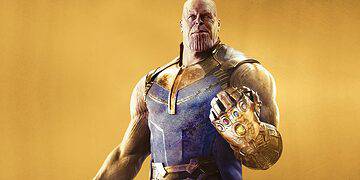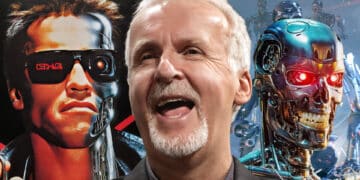2017’s Wonder Woman was a massive hit, but it’s still in a class of its own among female-led superhero movies. Despite Wonder Woman’s legacy as the first female superhero, her live-action appearances were shockingly infrequent prior to 2016, and essentially begin and end with the Lynda Carter-led Wonder Woman TV series from the late ‘70s, though Diana had many animated success stories during that time, including the widely acclaimed 2009 Wonder Woman animated film. In the coming decades, Diana of Themyscira would have multiple near-misses, from the unrealized 2011 Wonder Woman TV show to a Joss Whedon-scripted Wonder Woman movie that now looks like a dodged bullet.
Eventually, Wonder Woman made her way to the big-screen, with her supporting role in Zack Snyder’s Batman v Superman: Dawn of Justice serving as a backdoor pilot for Patty Jenkins’ Wonder Woman prequel movie. While Wonder Woman became one of the biggest hits of 2017, the movie’s legacy is still a little bizarre seven years later for one big reason – that being that no female-led superhero movie before or after Wonder Woman is anywhere near as good, and or been as big of a hit in the long run.
Wonder Woman Was The First Great Female-Led Superhero Movie
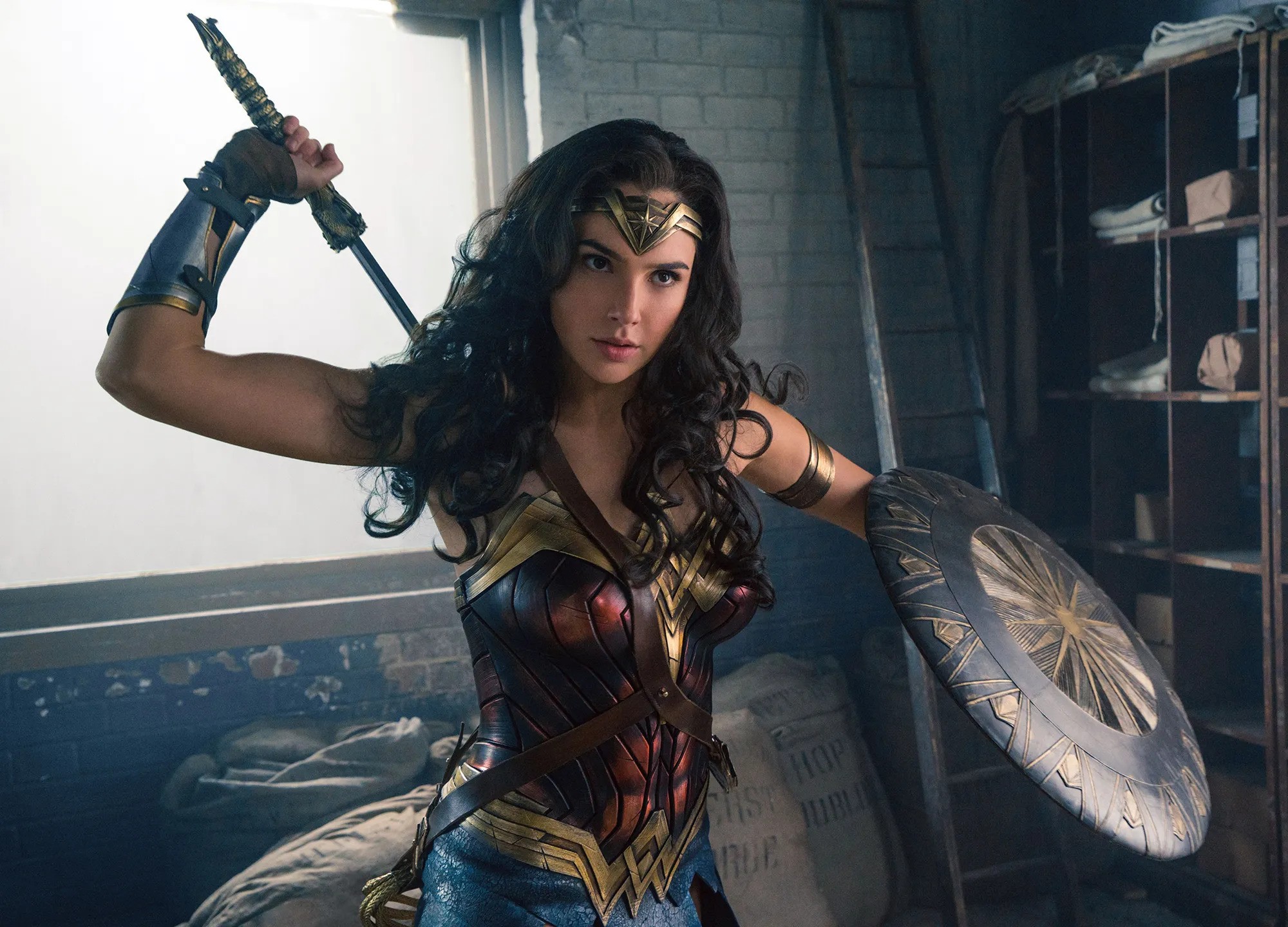
Upon its release in the summer of 2017, Wonder Woman became a true phenomenon and quickly took the crown of being the best female-led superhero movie ever made. However, saying that might seem to be damning Wonder Woman with faint praise, considering that the competition for that title, in 2017, was anything but stiff. The first truly female-centered superhero movie was 1984’s Supergirl, a spin-off of the Christopher Reeve Superman franchise, and one so abysmal that Reeve himself declined a request to cameo (with the movie handwaving the Man of Steel’s absence away with mention him being away at some kind of interplanetary peace summit.) Despite Helen Slater’s game performance as Kara Zor-El, Supergirl’s poor writing, clumsy fish-out-of-water story, and over-the-top villain performance by Faye Dunaway led to the movie dying upon arrival in theaters. Credit where credit is due, though – Supergirl’s flying scenes have aged surprisingly well.
The next attempt at a solo female superhero movie was 2004’s infamously campy and haphazard bomb, Catwoman (one of the worst DC movies of all time). To list the litany of failures, shortcomings, terrible story choices, and other facepalm-worthy issues with Catwoman would require multiple articles all on its own, and twenty years later, it continues to represent the bottom of the barrel of bad comic book movies, female-led or otherwise. 2005’s Elektra was the third attempt to place a superheroine in the driver’s seat, but the spin-off from 2003’s Daredevil mostly came and went with a shrug at best. Nearly two decades later, Jennifer Garner’s return as Elektra in Deadpool & Wolverine is quite possibly the only reason many even remember the character had a solo movie in the first place.
Wonder Woman clearly learned from the mistakes of its predecessors, but it also landed with such impact because director Patty Jenkins and everyone on board knew what they had. Gal Gadot’s scene-stealing supporting role in Batman v Superman: Dawn of Justice was extrapolated upon in her solo movie into an iconic symbol of heroism, warrior ethos, and love in the face of adversity. Gadot’s Diana spends the movie learning the hard way that her black-and-white ideas about how to restore peace during a terrible war stand at odds with the nuances of just how good and evil really work, but Diana becomes a better heroine and warrior through it, learning that while she cannot singularly put a stop to the atrocities of man’s world, she can guide them to a better path. Coupled with Wonder Woman’s outstanding action sequences and sweeping historical scope in its World War I era setting, and the movie’s title of the best female-led superhero movie is a well-deserved one. Unfortunately, it seems neither DC nor Marvel have truly heeded the lessons of Wonder Woman’s success.
RELATED: Wonder Woman Movie Review – The Hero We Need, The Movie We Deserve
Female Superhero Movies Since Wonder Woman Haven’t Reached Its Heights
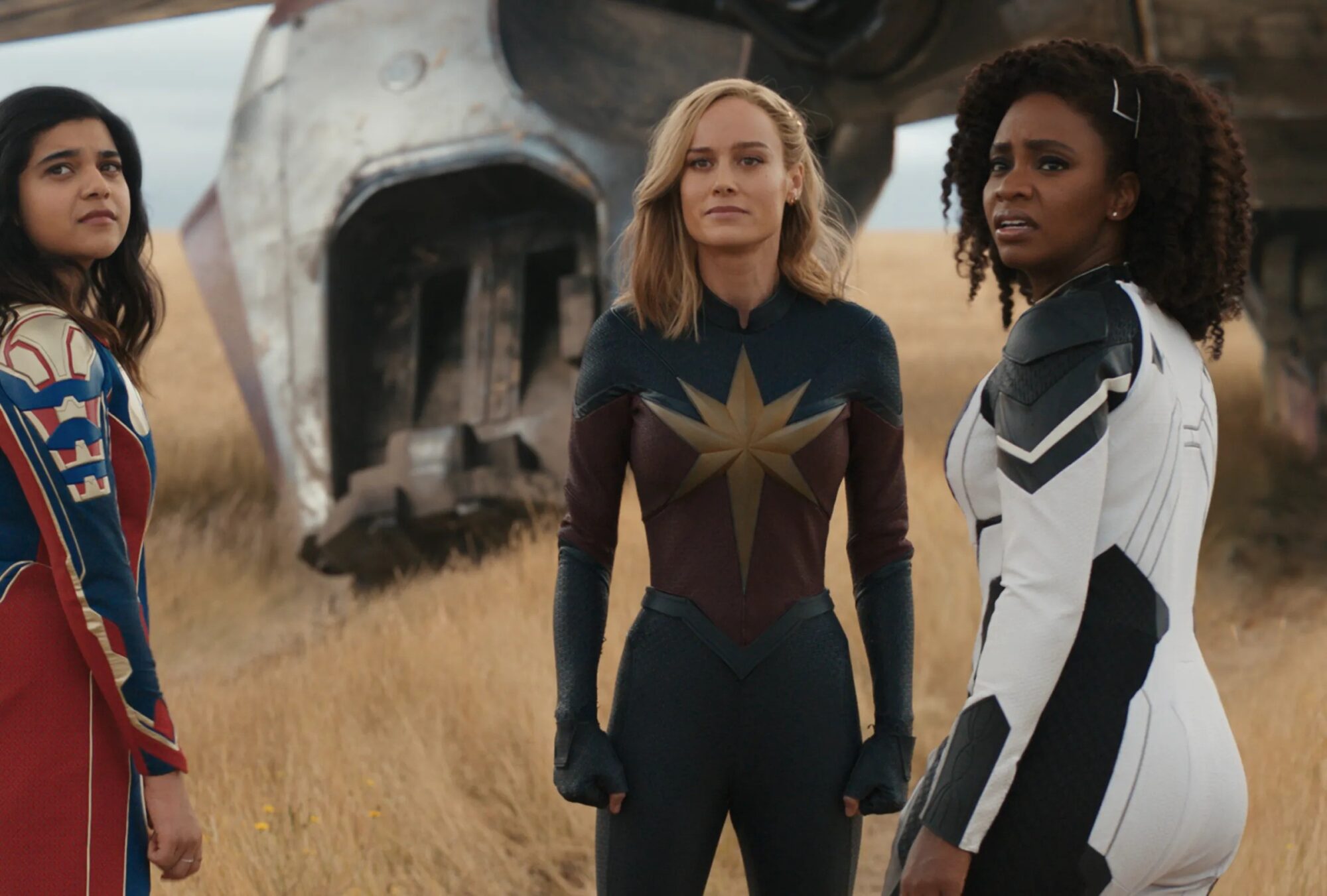
While Wonder Woman undoubtedly paved the way for female-centric superhero films to have a greater presence on the comic book movie landscape, there’s one big problem – not a single one to follow it has either been as great overall, or made an impact that’s in any way comparable to that of Wonder Woman. 2020 saw DC release two female-led projects, namely Birds of Prey and the Fantabulous Emancipation of one Harley Quinn and Wonder Woman 1984, but neither could match the might of Diana’s first 2017 triumph. Birds of Prey is certainly good fun of Margot Robbie’s Harley bashing heads with mallets and baseball bats alongside Black Canary, Huntress, and Renee Montoya, but it’s not the same kind of epic adventure as Wonder Woman, with Birds of Prey also fizzling out at 2020’s pre-COVID box office.
The highly anticipated Wonder Woman 1984 also failed the light the box office on fire like its predecessor, though COVID-19 had plenty to do with that. Unfortunately, Wonder Woman 1984 failed to capture the power of Wonder Woman with a much weaker script and action scenes, a far campier tone than its predecessor, and the controversial revival of Chris Pine’s Steve Trevor in another man’s body along with his and Diana’s re-union under such circumstances. Gal Gadot’s performance as Diana was still as on point as ever, but in the immortal words of Pedro Pascal’s Maxwell Lord, Wonder Woman 1984 can be better.
Shifting over to the Marvel side of the aisle, the Marvel Cinematic Universe delivered its first female-led entry in 2019’s Captain Marvel, and while it hit the billion-dollar mark, that feat is almost entirely attributable to the movie serving as the lead-in the historic anticipation for Avengers: Endgame just seven weeks later. Despite all the online hoopla over trolls and Rotten Tomatoes review-bombing, Captain Marvel was ultimately a bland, generic, and yet astonishingly self-congratulatory MCU also-ran with none of Wonder Woman’s strengths as a superhero movie or its long-term impact. One need only look at Captain Marvel’s marginally better 2023 follow-up The Marvels barely crossing $200 million worldwide for proof of how much the former has had no real staying power, a sad outcome indeed given Iman Vellani’s endearingly enthusiastic performance as Kamala Khan.
Meanwhile, over a decade after her MCU tenure began – and two years after it ended with her heroic death in Avengers: Endgame – Natasha Romanoff finally got her long-awaited solo movie in 2021’s Black Widow. In the end, Black Widow has its moments, but still didn’t hit Wonder Woman-levels of monetary success or overall acclaim. 2022’s Black Panther: Wakanda Forever is somewhat of a unique case, with Letitia Wright’s Shuri taking over the Black Panther mantle from T’Challa after Chadwick Boseman’s tragic passing in 2020, but the sequel was a sharp decline from 2018’s Black Panther both commercially and reception-wise. Despite the good intentions of honoring the legacy of both Boseman and T’Challa in Wakanda Forever, the gloomy tone and Shuri’s unevenly executed journey to following in her brother’s footsteps suggests that recasting T’Challa may well have been the better option.
The batting average of female-led superhero movies was later dealt another blow with 2024’s Madame Web, which essentially told 2022’s Morbius “Hold my beer” on which of the two would become the bigger punchline of Sony’s Spider-Man-less Spider-Man Villain Universe. With even Sydney Sweeney opening Saturday Night Live with “You might have seen me in Anyone But You Or Euphoria. You definitely did not see me in Madame Web”, it’s probably fair to call Madame Web the anti-Wonder Woman of female-led comic book movies.
There Are Still Great Superheroines In Comic Book Movies, But They’re All In Ensembles
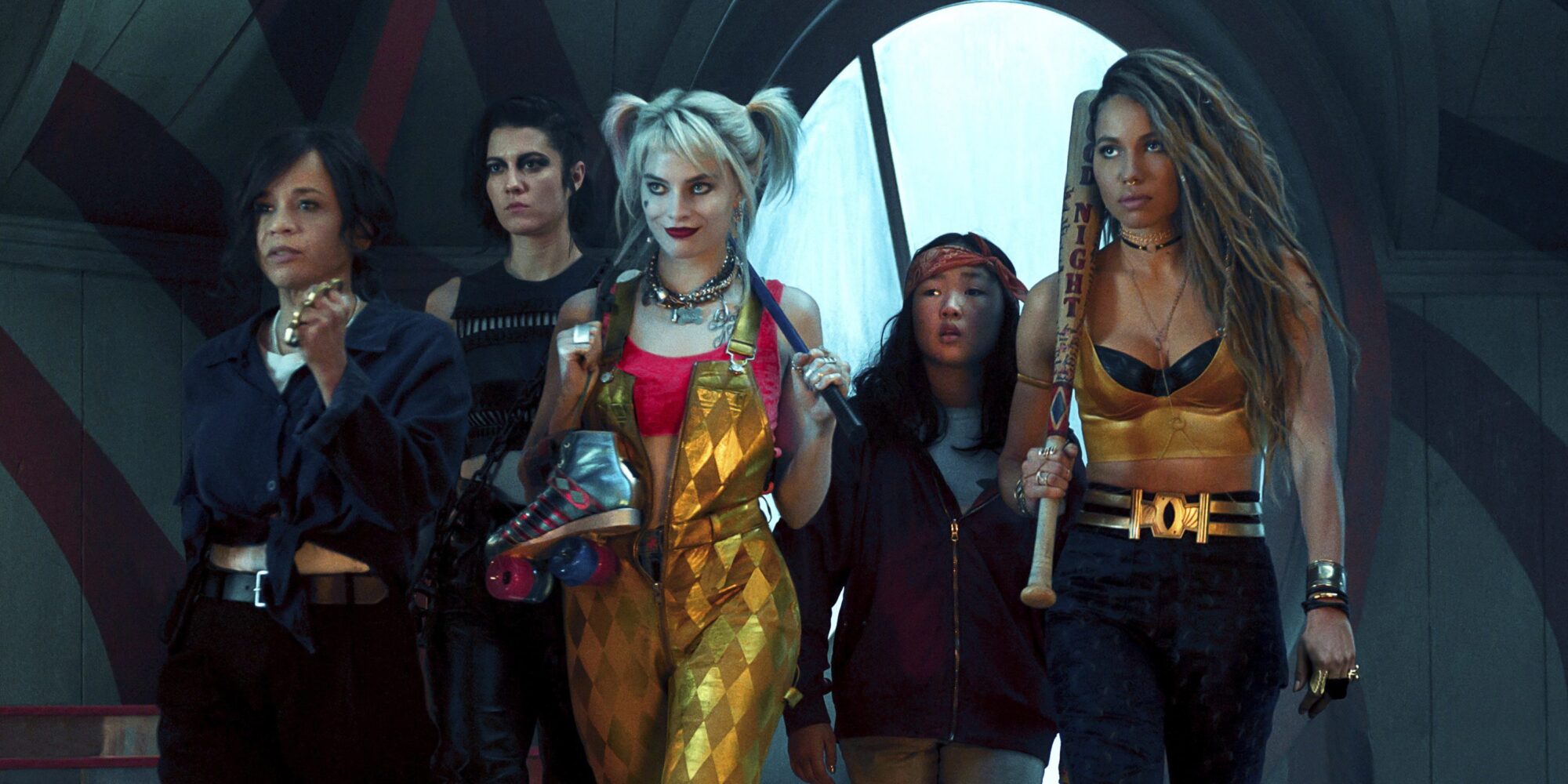
Despite the difficulty of female-led superhero movies still trying to match the quality and impact of Wonder Woman, superheroines themselves are still appearing in great comic book movies. The only problem is that they’re of the variety that preceded Wonder Woman, that being co-ed superhero ensembles. Wonder Woman’s own finest hour following her first solo movie is also, funnily enough, its own kind of redemption story with Diana’s role as one of the core heroes of Zack Snyder’s Justice League, with Wonder Woman’s role in the movie matching the power of her solo film, and thankfully leaving the trainwreck that was 2017’s theatrical cut of Justice League and Diana’s poor treatment therein well in its rearview. Other superheroines since Wonder Woman have also been highlights of the ensemble casts they’ve been a part of, including Zoe Kravitz’ Catwoman in The Batman, Sasha Calle’s Supergirl in The Flash, and Hailee Steinfeld’s Gwen Stacy in Into The Spider-Verse and Across The Spider-Verse.
Still, it’s hard to deny that there seems to be a nigh unbreakable curse afflicting female-led superhero movies. That’s also without even bringing up things like Batgirl’s infamous tax write-off demise, and female-led superhero TV shows being at best hit and miss, as well – Marvel-Netflix’s Jessica Jones being an example of the former, but the less said about She-Hulk, the better.
In any case, it’s a tragedy that the modern age of superhero epics has yielded precisely one big screen adventure that is A.) genuinely one of the best superhero movies ever made, B.) was a box office success, and C.) has maintained a legacy of popularity and inspired acclaim long after its debut in 2017’s Wonder Woman. Still, with Wonder Woman standing as the perfect template for how to pull off all of the above, hopefully the curse of the female-led superhero movie will one day be broken for good.
RELATED: Gal Gadot’s Wonder Woman Could Be Replaced By Marvel Actress
Tell us, do you think Wonder Woman proves that female superhero movies still get the shaft?


